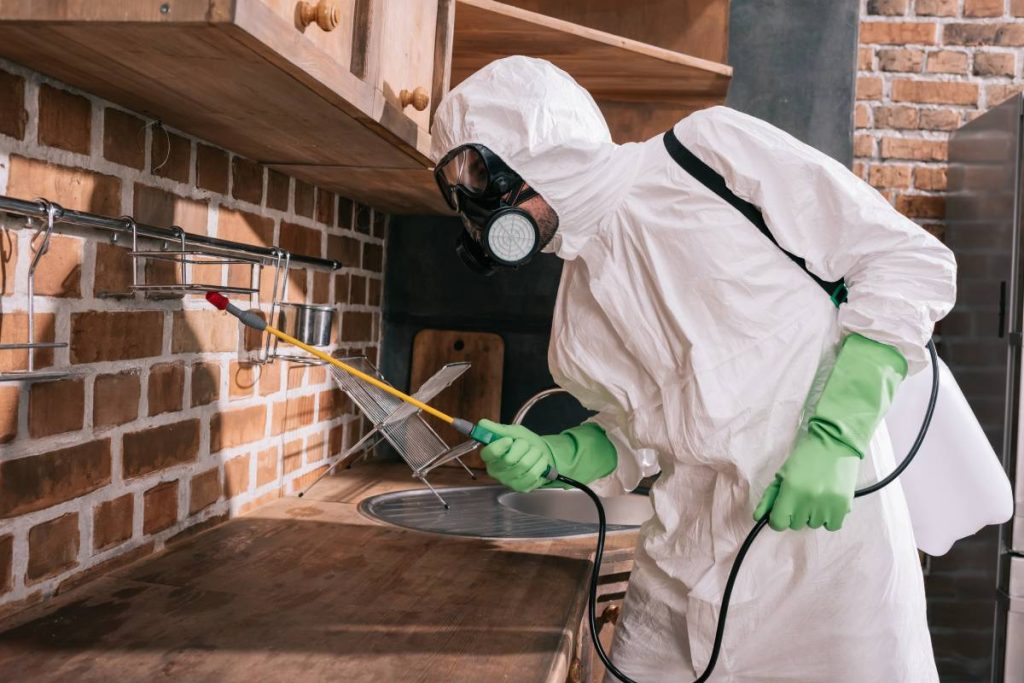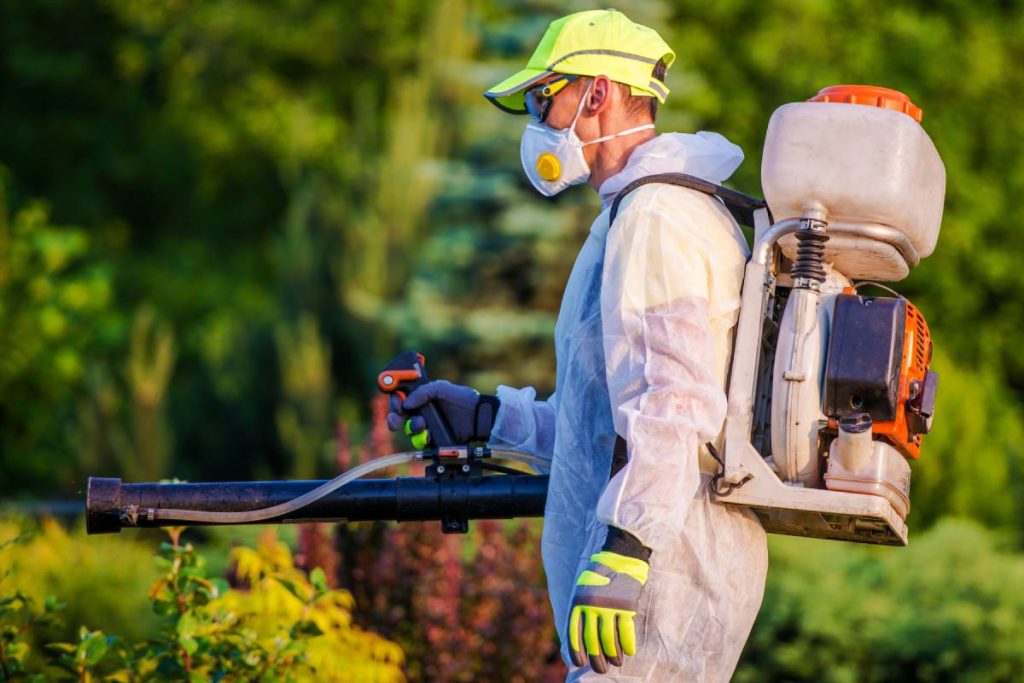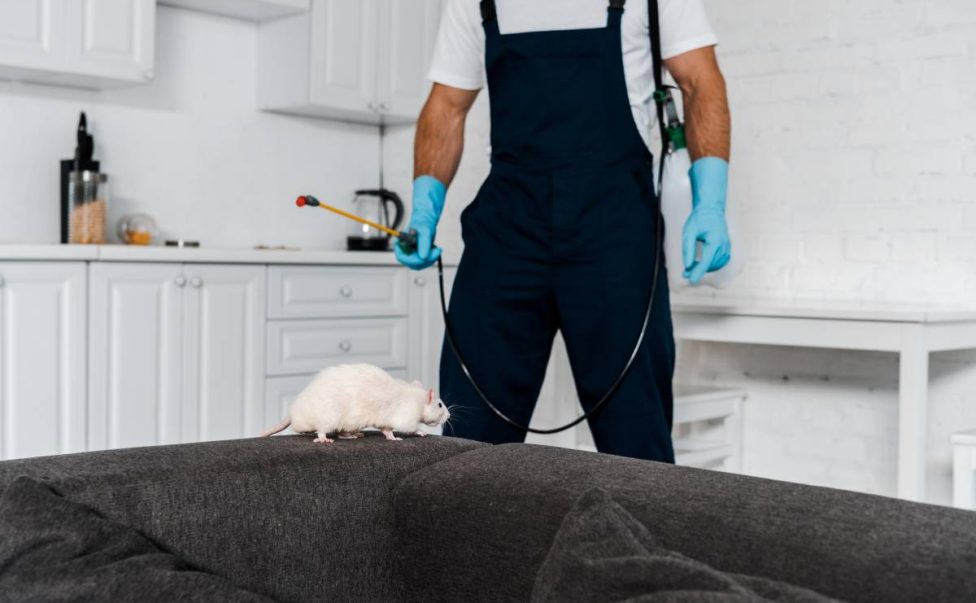Residential vs. Commercial Pest Control: What’s the Difference?
Pest control is an essential service for maintaining health and safety in homes and businesses. However, the approach, tools, and scope of residential pest control differ significantly from commercial pest control.
Whether you’re a homeowner dealing with ants or a business owner addressing a rodent infestation, understanding these distinctions can help you make informed decisions.
What’s the Residential and Commercial Pest Control
Residential Pest Control
Residential pest control focuses on managing pests in homes and surrounding areas, such as gardens or garages. The goal is to eliminate common household pests like ants, cockroaches, termites, and spiders while ensuring the safety of families and pets.
Commercial Pest Control
Commercial pest control involves managing pest infestations in businesses, industrial facilities, and public spaces. These services are tailored to the unique needs of businesses such as restaurants, warehouses, and offices, where a pest problem can directly impact operations and reputation.
Key Differences Between Residential and Commercial Pest Control
Scope of Work
- Residential:
Typically, the scope is limited to a single-family dwelling or apartment unit. Services are customized to address common household pests and ensure long-term protection. - Commercial:
The scope can cover entire buildings, production facilities, and multiple business locations. Commercial services are often more extensive and might include compliance with industry-specific regulations.
Complexity of Services
- Residential:
Services are straightforward and focus on visible infestations or preventive measures. - Commercial:
Pest control in commercial settings requires specialized expertise. For instance, a food processing plant may need pest control solutions that comply with food safety standards like HACCP (Hazard Analysis Critical Control Point).
Customization Needs
- Residential:
Pest control treatments are generally standard, involving routine sprays or traps. - Commercial:
Services are highly customizable and tailored to the business’s specific needs. For example, a warehouse may need pest management that includes rodents, stored product pests, and bird control.
Frequency of Service
- Residential:
Homeowners typically require quarterly or annual pest control services. - Commercial:
Businesses often need more frequent services, there is no best time of the year, but sometimes monthly or bi-weekly, to ensure compliance and avoid disruptions.
Health and Safety Concerns
- Residential:
Emphasis is on using non-toxic, pet-friendly solutions to protect families. - Commercial:
Pest control must prioritize customer safety and adherence to industry regulations, which might involve more stringent measures.

Pests Encountered in Residential and Commercial Settings
- Residential: Common pests include ants, termites, bed bugs, cockroaches, spiders, and rodents.
- Commercial: The variety is broader and depends on the type of business. Food-related industries might face issues with stored product pests, flies, and rodents, while office spaces might deal with cockroaches or ants.
Tools and Techniques
Residential Pest Control Techniques
- Indoor sprays
- Gel baits
- Traps and barriers
- Termite baiting systems
Commercial Pest Control Techniques
- Fumigation for large-scale infestations
- Electronic fly killers
- Bird-proofing solutions
- Advanced monitoring systems, such as pheromone traps and electronic sensors

Regulations and Compliance
One of the most significant differences lies in regulatory requirements.
- Residential:
Regulations focus on ensuring the safety of homeowners and minimal use of harmful chemicals. - Commercial:
Businesses must comply with government regulations, including health and safety laws, industry-specific guidelines, and pest management protocols. For example:- Restaurants need to adhere to food safety standards.
- Warehouses must comply with pest control regulations for goods storage.
Cost Considerations
- Residential Pest Control Costs:
Residential services are generally more affordable, costing anywhere between AUD 150–500 per session, depending on the pest and treatment type. - Commercial Pest Control Costs:
Costs are higher due to the complexity and frequency of services. Monthly maintenance for a small business might start at AUD 200 but can exceed AUD 2,000 for larger facilities or specialized treatments.

Choosing the Right Pest Control Provider
For Residential Needs:
- Look for providers that offer non-toxic and eco-friendly solutions.
- Ensure the company has experience with common household pests.
- Check for warranties or follow-up services.
For Commercial Needs:
- Choose a provider with expertise in your industry.
- Ensure the company is licensed and compliant with local regulations.
- Verify the ability to handle large-scale or multi-site operations.
The Importance of Prevention
- Residential:
Prevention includes maintaining cleanliness, sealing entry points, and scheduling regular inspections. - Commercial:
Prevention is critical to maintaining operations and reputation. Strategies include staff training, monitoring systems, and implementing Integrated Pest Management (IPM).
Conclusion
While residential and commercial pest control share the common goal of eliminating pests, the methods, tools, and scope of each differ significantly. Homeowners benefit from simplified, family-safe solutions, while businesses require tailored services to meet complex needs and regulations.
Either residential or commercial, an effective pest control shouldn’t be a luxury reserved for the highest income; they should be accessible to everyone in need. At Pest Control Brisbane.com, they stand by the principle that top-notch pest control should be at your service whenever you require it, regardless of your income.


